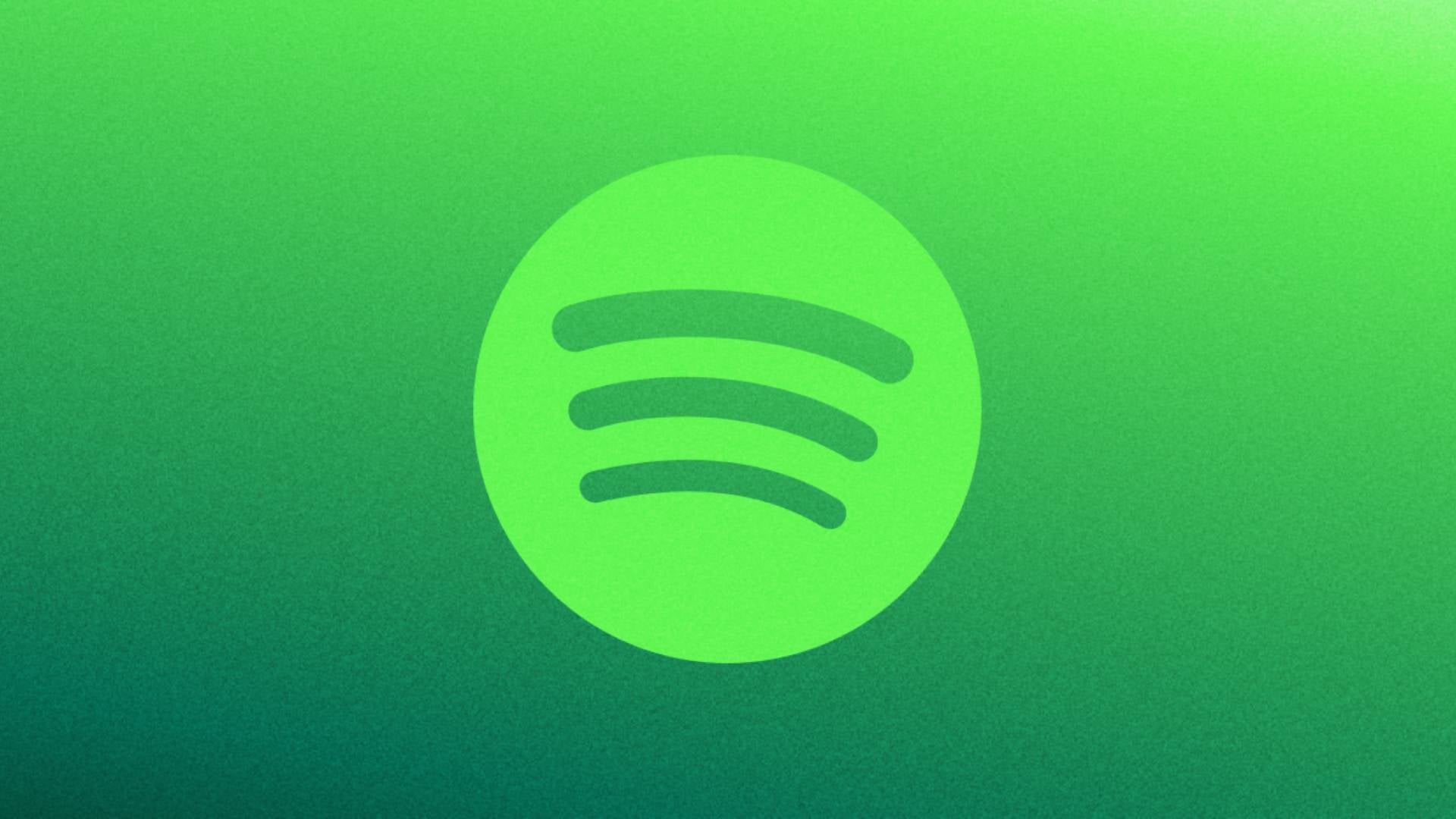Spotify could connect you to the National Suicide Prevention Lifeline if you’re searching for risky content


There’s a recent blog piece by Marcelina Slota (Head of Spotify’s Platform Integrity) that states so.
With safety being a “top priority” for Spotify, the company aims to make it easier for young people and parents to understand and navigate the digital world. That’s why Spotify announced a new Parental Guide to assist in this effort and joined the Tech Coalition to share best practices within the industry for upholding youth safety.
The Tech Coalition is an organization that unites the global tech industry to foster a safer online environment for young people by preventing and combating online child sexual exploitation and abuse.
This partnership expands Spotify’s network of trusted third-party experts who help advise its teams on launching policies and products with safety by design.
In addition to partnering with global experts, Spotify works to craft a safe and enjoyable experience for young people in several ways, including:
- Establishing a zero-tolerance policy against content that exploits children and Platform Rules that ban illegal and/or abusive behaviors that could harm children;
- Leveraging machine learning signals and establishing user reporting mechanisms to detect potential policy and/or legal violations;
- Staffing teams around the clock to review and promptly remove potentially violating or explicit content; and
- Connecting potentially vulnerable users to mental health resources when they search for content related to suicide, self-harm, and disordered eating content.
The aforementioned mental health resources include the US’ National Suicide Prevention Lifeline, the TREVOR Project, National Eating Disorders services, and more.
So, if you or someone you know is struggling or thinking about self-harm, there are ways to get help. If you’re concerned about self-harm, drug or alcohol usage, or depression, please talk to someone or reach out to one of the organizations listed below for professional support.
Source link


